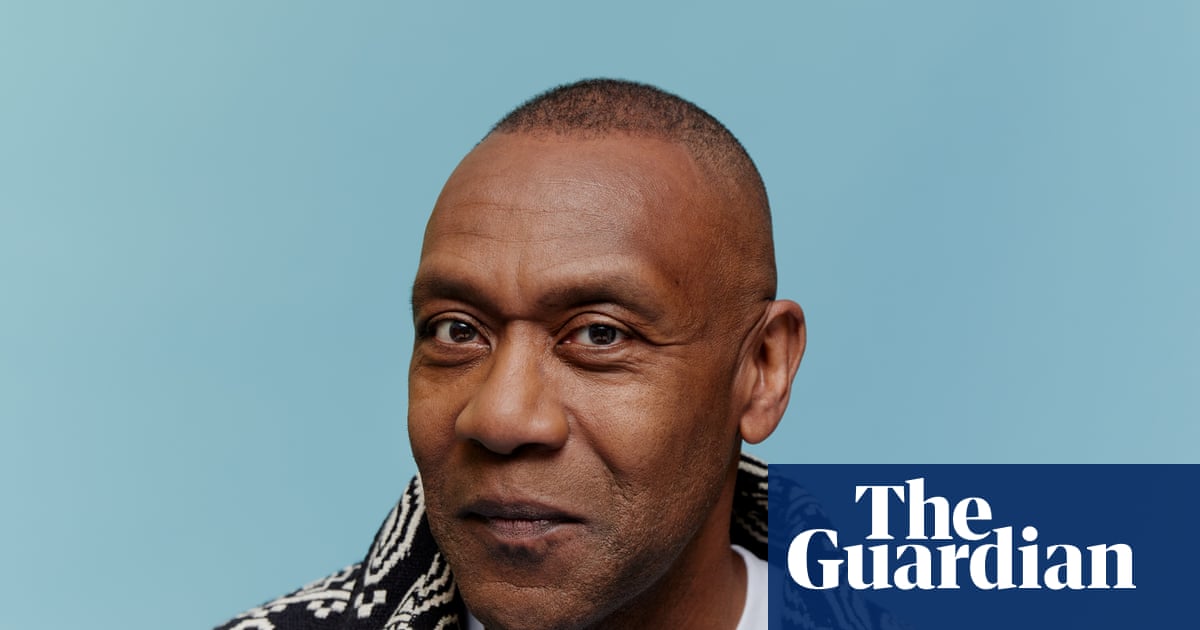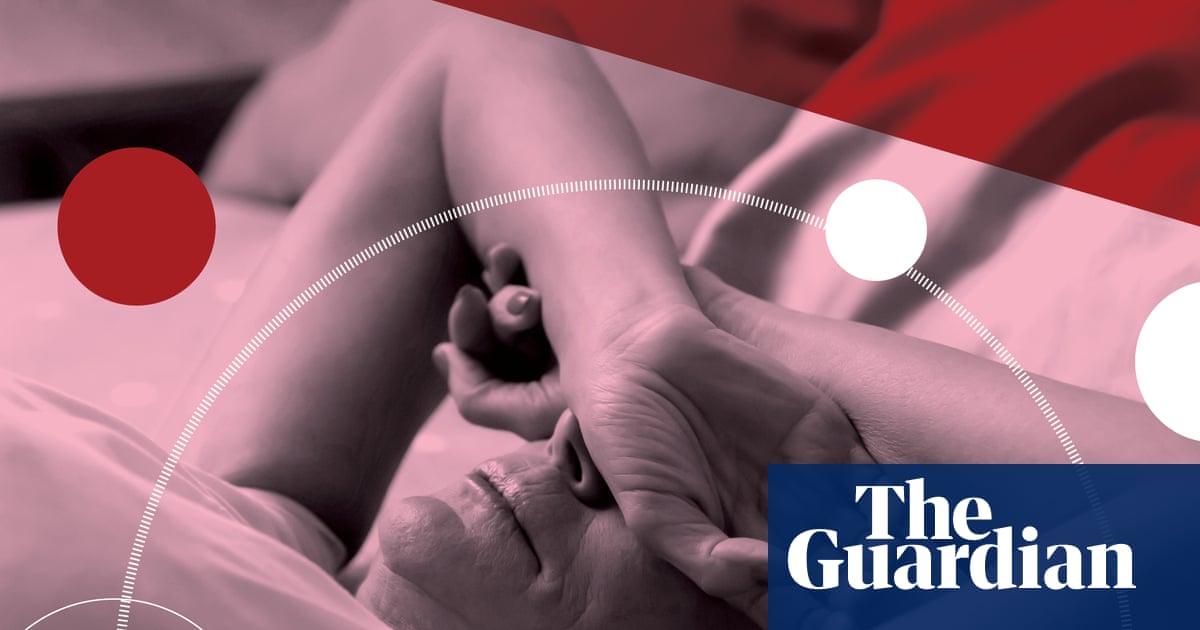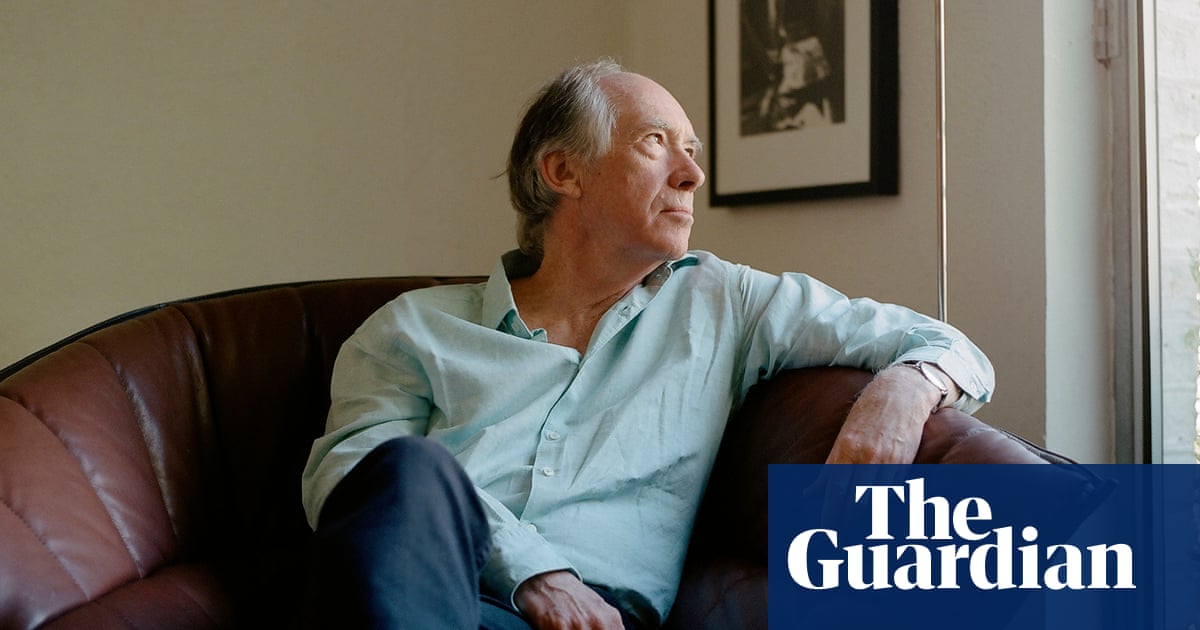You have to have chemistry or feel a spark
For Toby Ingham, psychotherapist and author of How to Improve Emotional Stability, referring to that sought-after spark as “chemistry” is an interesting analogy. “In dating, it tends to describe an immediate reaction, whereas lots of chemical reactions take time,” he says.
Still, many of us chase a spark. “It’s overrated,” says Lohani Noor, a psychotherapist and founding director of The Institute for Relational and Sexual Therapies. “That intoxicating, heart-racing feeling of early chemistry? Sometimes it’s anxiety.” Research shows the physiological symptoms of nervousness (sweaty palms, a racing heart) mirror those of attraction. “We can mistake intensity for intimacy and drama for depth. Other times, the spark is lust: a biological pull that fades as quickly as it flares.”
Instead of seeking out the elusive spark, experts advise forgetting about chemistry and focusing on connections that grow slowly and last longer. Seek emotional safety (feeling at ease), shared values (wanting the same things in life), mutual effort (both showing up, even if it’s hard) and growing attraction (admiration that deepens over time). “These are the foundations of lasting love,” says Noor. “Not a fleeting feeling, but a choice to build something meaningful.”
It’s bad to argue
“People think that always agreeing is a sign of compatibility,” says Mandy Saligari, a psychotherapist and author of Proactive Parenting. “It comes from a fear of conflict, a belief that anger is bad, or feeling ashamed of their own needs.” Anger is just a feeling and shouldn’t be demonised, she says. It shows what matters to you.
Andrew G Marshall, marital therapist, author of I Love You But I’m Not in Love With You and host of The Meaningful Life podcast, agrees. “It’s an incredibly intimate thing to argue with somebody. Otherwise, when you disagree, you have to swallow your feelings. Underneath the surface, there’s a whole load of grumpiness, sarcasm and passive aggression. You become flatmates, not lovers,” he says.
Research shows that couples who never argue are significantly unhappier than those who do. So stop avoiding conflict and get back in touch with your feelings. Accept that your partner is trying to tell you something and be curious about what that is. “Listen with an open mind. Try to have a healthy discussion that fosters deeper connection and personal insight,” Saligari says.
When you discuss problems, don’t meet anger with anger. That will only lead to more arguing. “Treat your partner as if every word they’re saying is true,” adds Marshall. “Give them the dignity of listening and try to understand their position. Nobody has ever settled an argument by working out who’s right and wrong.”
Relationships should be easy
If you believe relationships should be easy, when a challenge inevitably arises you’ll either think something’s wrong with the relationship or with you. “Once you accept that relationships are hard, you don’t feel that you’re a failure,” says Marshall.
There is, however, a middle ground. “Relationships aren’t supposed to be a prison sentence either. They aren’t easy, but shouldn’t feel like breaking up rocks,” he adds.
How do you know when a relationship has become too difficult? Psychotherapist Natasha Page points to a few telltale signs. “If a relationship makes us feel unfulfilled, and impacts on our mental health and wellbeing, this can lead to low self-esteem, depression and anxiety. If you don’t feel you’re living in alignment with your values and who you want to be; if you’re living in fear or being abused – these are not OK.”
Your partner should be your best friend and you should spend all your time together
The myth goes that if you truly love one another, you won’t need anyone else or ever want to be apart. But Naomi Magnus, a psychotherapist and founder of North London Therapy Practice, says: “Healthy relationships thrive on a balance of togetherness and individuality. Everyone needs personal space to grow and recharge. Having time apart can strengthen your bond, allow you to see things differently, and bring new energy into the relationship instead of relying solely on each other for happiness.”
If you only spend time as a pair and have no wider support network, one of you is likely to feel suffocated or resentful of the pressure to meet all your partner’s needs. “It can create an unhealthy dependency, which takes away from individual happiness and personal growth,” Magnus says. Embrace quality time together, but give equal value to time apart. Pursue your own interests and build bonds with friends, family, colleagues … anyone who isn’t your partner.
Sleeping in separate beds means the relationship is doomed

“We’ve been conditioned to see separate bedrooms as the ultimate red flag, a silent admission that love has flatlined,” Noor says. According to Lori Beth Bisbey, a psychologist and sex and intimacy coach, this is because people wrongly equate sleeping separately with a lack of physical or emotional intimacy. Noor calls this “the proximity fallacy”. “Sleep martyrdom culture” is also at play here: the idea that real couples endure nights of snoring and knee jabs as proof of their love.
If you have different schedules or wake up grumpy every morning after a night of disturbed sleep, separate beds could be the answer. Noor and Bisbey agree that this doesn’t spell the end of your relationship.
“The healthiest ‘sleep-divorced’ couples create intentional intimacy with morning cuddles or evening tea rituals,” says Noor. “They reframe their separate beds as care: ‘We love each other too much to be sleep-deprived monsters.’ They also invest in connections outside the bedroom by compensating with quality time during waking hours.
Attitudes are slowly changing. A 2023 survey by the American Academy of Sleep Medicine found that 35% of American couples sleep in separate rooms either occasionally or consistently. Millennials are the most likely generation to do this (43%) and baby boomers the least (22%).
Noor says: “As one couple (happily sleeping apart for 12 years) told me: ‘We stopped pretending sleep deprivation was romantic. Now we greet each other well rested – and actually like each other again.’”
You can’t get over cheating
Research spanning 160 cultures has cited infidelity as the most common reason for breakups. “Many people assume that once trust is broken, the relationship must end. This suggests cheating is unforgivable, no matter the circumstances, and staying after betrayal means weakness or lack of self-respect. True love would never have space for such a betrayal,” Noor says.
It’s no wonder this “rule” is so deeply ingrained. Moral and religious values often equate cheating with sin. Black-and-white thinking tells us: “Once a cheater, always a cheater.” And the self-respect narratives of modern dating advice frame leaving a relationship after being cheated on as the only empowered choice.
It requires “deep introspective work, therapy, honest communication and accountability from both parties”, Noor says, for relationships to recover, but it is possible. Context also matters: “Was it a one-time mistake? It might be a symptom of deeper issues such as emotional neglect or addiction. Both parties often enable the cheating to happen.” Some people really can change. “While cheating is serious, it doesn’t always define a person for ever. And not all cheating is the same. Emotional affairs, long-term deception and one-night stands have different impacts,” she adds.
Sometimes reconciling after cheating makes couples even stronger. Others realise the relationship is truly over. The key is choice, not obligation. Noor says: “Both outcomes are valid.”
Breaking up or divorcing means the relationship was a failure
Societal expectations tell us that breaking up means you’ve failed to make a relationship work. There can be extra stigma attached if you’re married, says Page. This keeps many people in relationships for the wrong reasons, which often has detrimental effects. “Sometimes people grow apart, and some relationships aren’t healthy to remain in,” she warns.
If you’ve grown apart or your relationship is making you consistently miserable, it’s OK to leave. “Humans evolve and change over time, and our relationships may not be able to sustain these changes. It’s OK to start again. You don’t have to remain to keep others happy,” Page says.
Think of every relationship as a learning experience, says Magnus. “Those who are able to look back and value the time spent with a partner, even if the relationship didn’t last, are displaying growth and personal development. The lessons we learn can help us to see what we do and don’t want in a future partner.”
You only have one soulmate
“The myth of the soul partner is that if you just find the right person, all conflict will melt away. It’s a way that we comfort ourselves: ‘We’re going to find the right person. We’re going to find the one,’” says Marshall.
As nice as that belief may sound, it can make you so doubtful in your relationships that it stops you fully leaning in. “I can’t tell you how many couples I’ve seen where one person is frightened to commit because there’s an instinct that says: ‘Have I found the right person? There could be somebody more perfect out there,’” he says. This concern is often born out of fear, particularly if you’ve seen your parents mess up their relationship. When the fear takes over, people can leave perfectly healthy relationships in search of a better fit.
In reality, there are hundreds of people who you’re potentially compatible with. If you believe your partner is the only person who’s right for you, says Marshall, “you’re going to become slightly hysterical because if you lose them, you’re doomed until the end of time. And we can never recover from that. It’s all a little bit tragic.”
There’s no coming back from the ‘ick’
That sudden feeling of repulsion you get after a partner does or says something you find deeply unattractive? That’s the infamous “ick”, which many people think they can’t recover from. “It comes from the belief that you can’t experience powerful negative feelings in relation to your partner,” Saligari says.
Sure, your ick may be a visceral sign of something important to you that shouldn’t be ignored, but it usually signals something you’ve repressed in yourself rather than anything your partner’s done wrong. “It’s easier to project issues on to our partners than reflect on them as our own,” Saligari says. Some of the icks Noor commonly sees in therapy include farting, nail biting and not “getting” something straight away.
“Icks are often behavioural, although they can also be based on one person making an assumption about the other. For example: ‘If I believe you don’t care about me, I will misconstrue your behaviour as “ickish”, and proof that you don’t care about me,’” she says.
Relationships should be based on the acceptance of differences, healthy communication, respect and trust, not on one (potentially repressed) feeling. “Before your ick becomes an inflexible truth that you can’t get over, listen to it, talk about it and try to address it,” Saligari adds. “Don’t let a gut feeling dictate the success or failure of your relationship.”

 3 months ago
82
3 months ago
82

















































